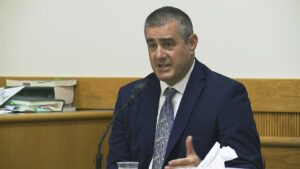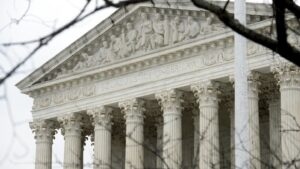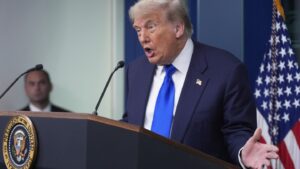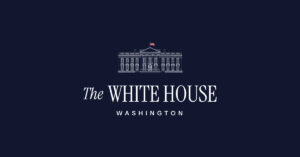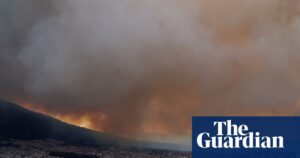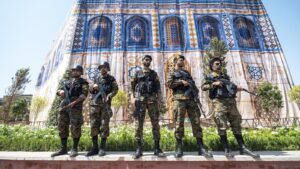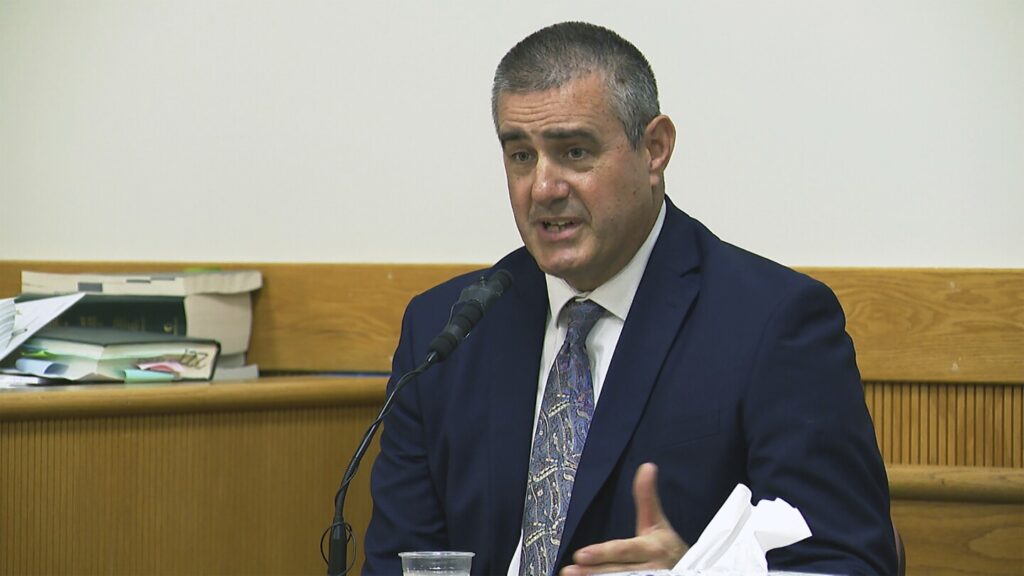
PROVIDENCE, R.I. — In a case that has gripped the local community and sparked debates on ethics in education, a jury has found former Rhode Island high school basketball coach Aaron Thomas not guilty of second-degree child molestation and second-degree sexual assault. However, Thomas was convicted of misdemeanor battery, a lesser charge, in a verdict delivered on Monday.
The trial, which spanned nearly six weeks, centered on the controversial “naked fat tests” that Thomas conducted over decades at North Kingstown High School. These tests involved asking male student-athletes if they were “shy or not shy” before instructing them to disrobe for a body fat assessment. Defense attorneys argued that while the practice was inappropriate, it did not meet the legal criteria for the more severe charges, which require intent for sexual gratification.
Defense and Prosecution: Contrasting Views
Defense attorney John MacDonald expressed satisfaction with the jury’s decision, stating, “We are very satisfied that the jury saw the case as we saw it, no sexual intent whatsoever.” The defense maintained that Thomas’s actions, though misguided, were not criminal.
In stark contrast, prosecutors argued that Thomas’s actions constituted a systematic abuse of power, exploiting his position to gain access to young, naked boys. Attorney General Peter Neronha emphasized the impact on the victims, stating, “Above all else, this case is about the victims who suffered greatly behind closed doors.” He criticized the defense’s reliance on pseudo-science as a justification for Thomas’s actions.
“We believe that what took place here was not just bad judgment, it was, and always has been, criminal conduct.” — Attorney General Peter Neronha
Legal Implications and Sentencing
Under Rhode Island law, the misdemeanor battery charge carries a maximum sentence of one year in prison and a fine of up to $1,000. Thomas’s sentencing is scheduled for June 26. The charges in this case were linked to incidents involving two former students, one of whom was under 14 at the time of the alleged offenses in September 2000 and February 2002.
Attorney General Neronha has been vocal about extending the statute of limitations for second-degree assault from three to ten years, which would have allowed for additional charges against Thomas. This case highlights ongoing discussions about the adequacy of current legal frameworks in addressing historical abuse cases.
Testimonies and Trial Details
Throughout the trial, testimonies from more than a dozen students, law enforcement officers, body composition experts, and former school officials painted a complex picture of Thomas’s practices. Thomas himself testified that he conducted these tests on over 600 students, with “roughly 80%” removing their underwear during the process. He admitted that the removal of underwear was unnecessary and that pinching near the groin was not scientifically supported for determining body fat.
Defense attorneys questioned the reliability of the testimonies from the former students, pointing to one student’s mental health challenges and suggesting that their motivations were financially driven, as they sought compensation through a civil lawsuit.
Community Reaction and Future Considerations
The verdict has elicited mixed reactions within the community. While some feel justice was served, others believe the outcome downplays the severity of Thomas’s actions. The case has prompted schools and athletic programs to reevaluate their policies and oversight mechanisms to prevent similar incidents in the future.
As the legal proceedings conclude, the broader implications of this case continue to resonate. It underscores the importance of safeguarding student welfare and ensuring that educational environments remain safe and supportive for all students.
Moving forward, educational institutions may face increased scrutiny and pressure to implement more stringent guidelines and training for coaches and staff. The case also serves as a reminder of the critical role that legal reforms can play in addressing past injustices and protecting future generations.

